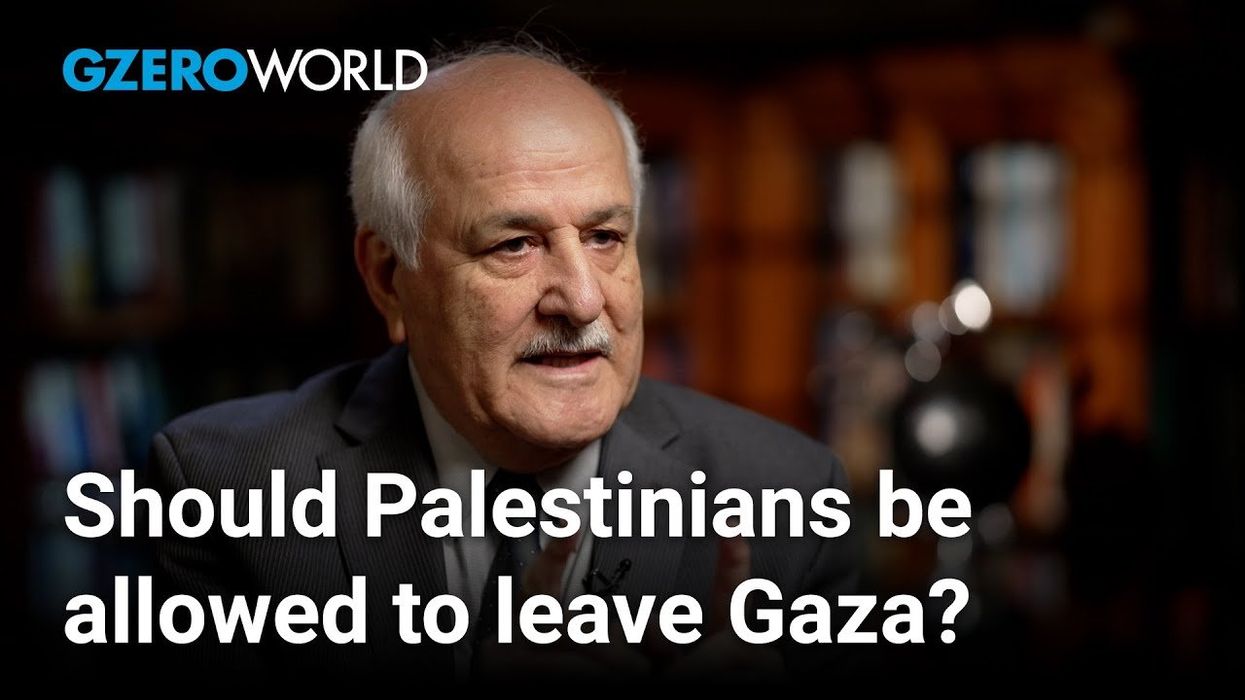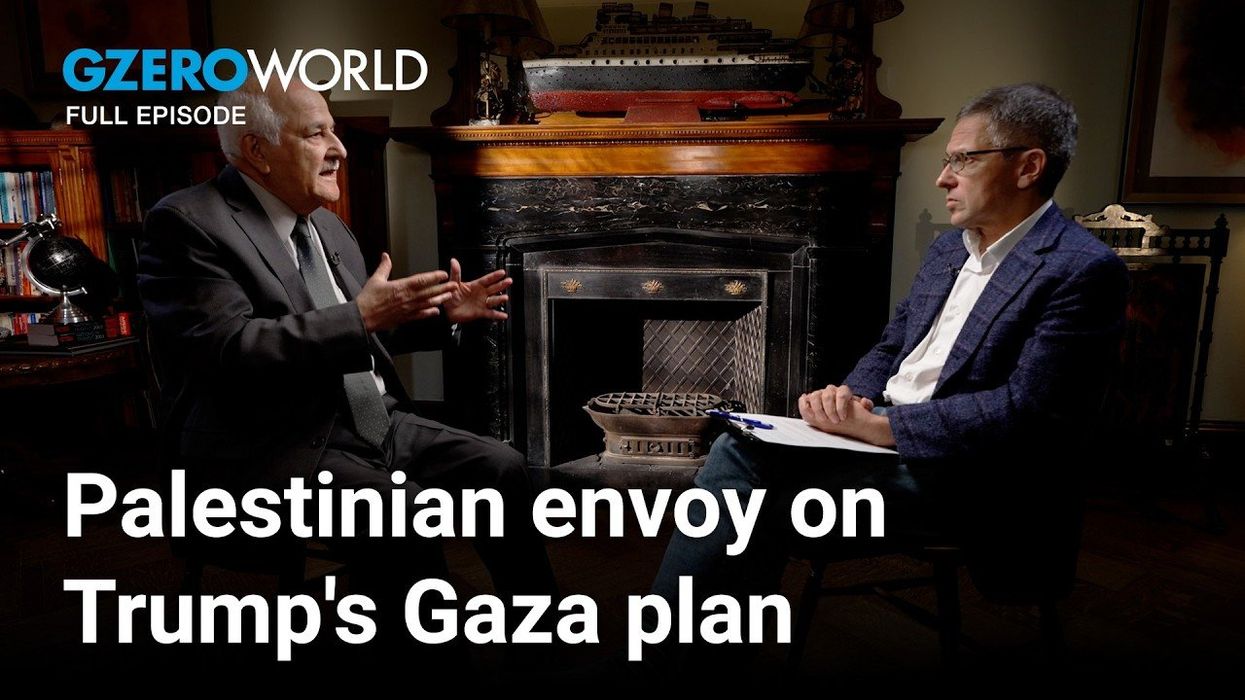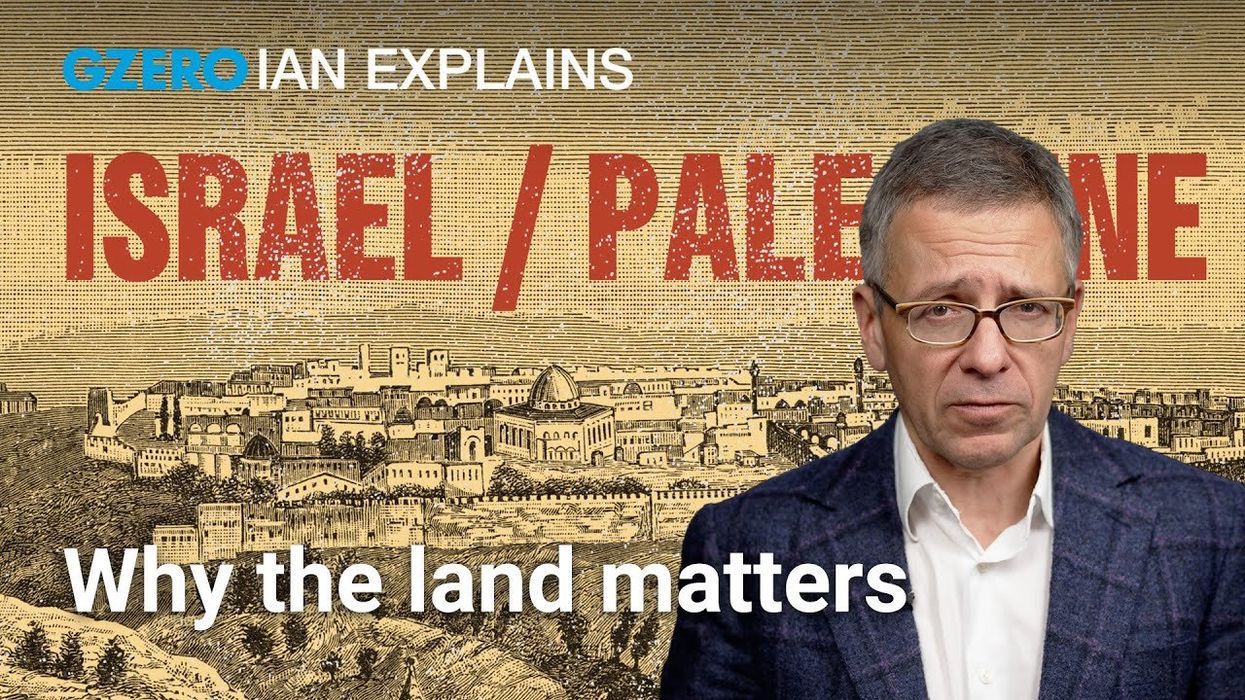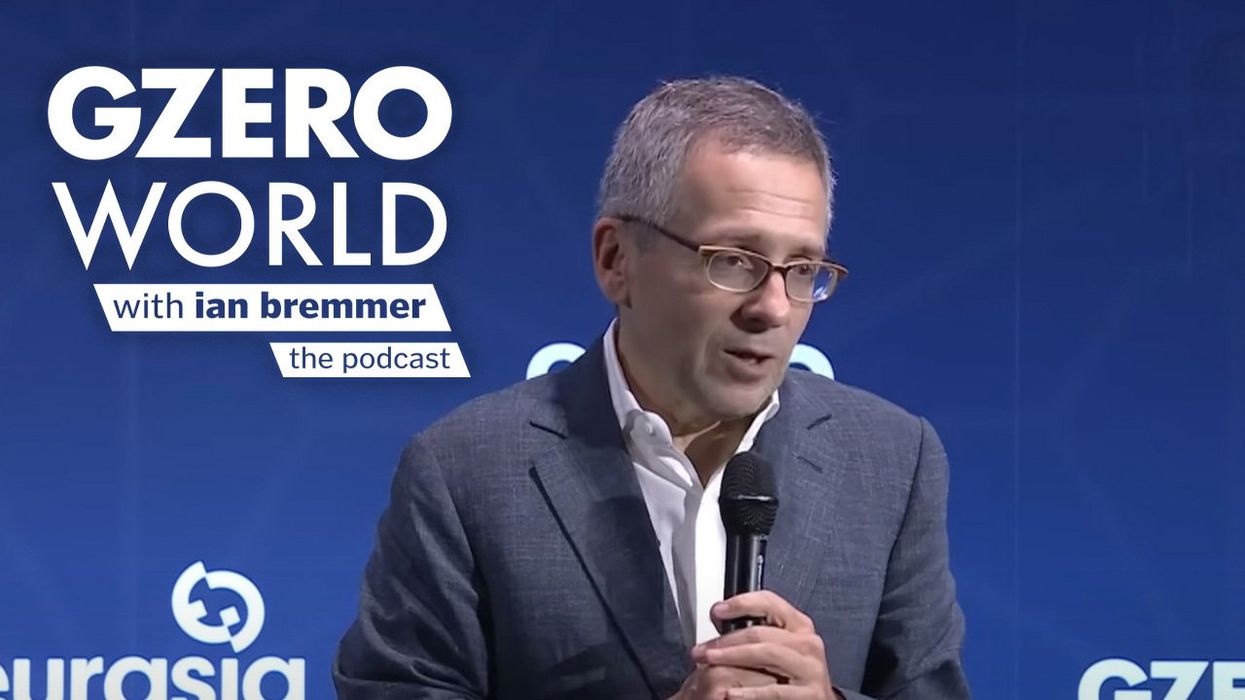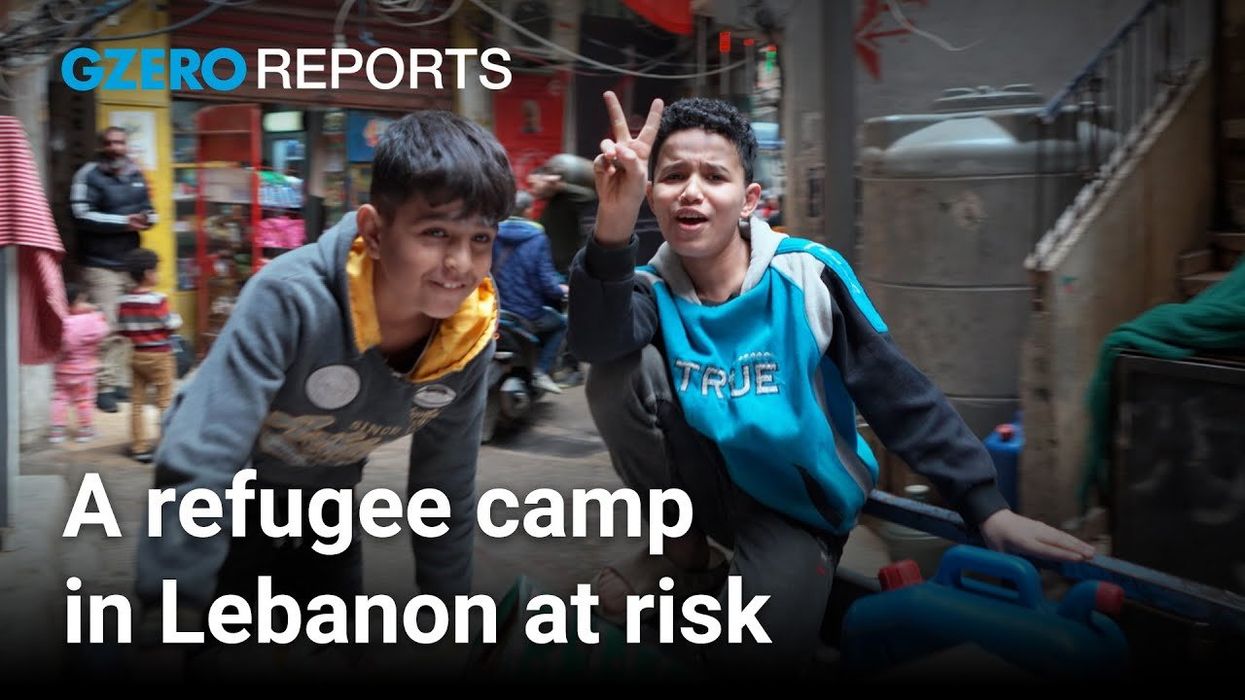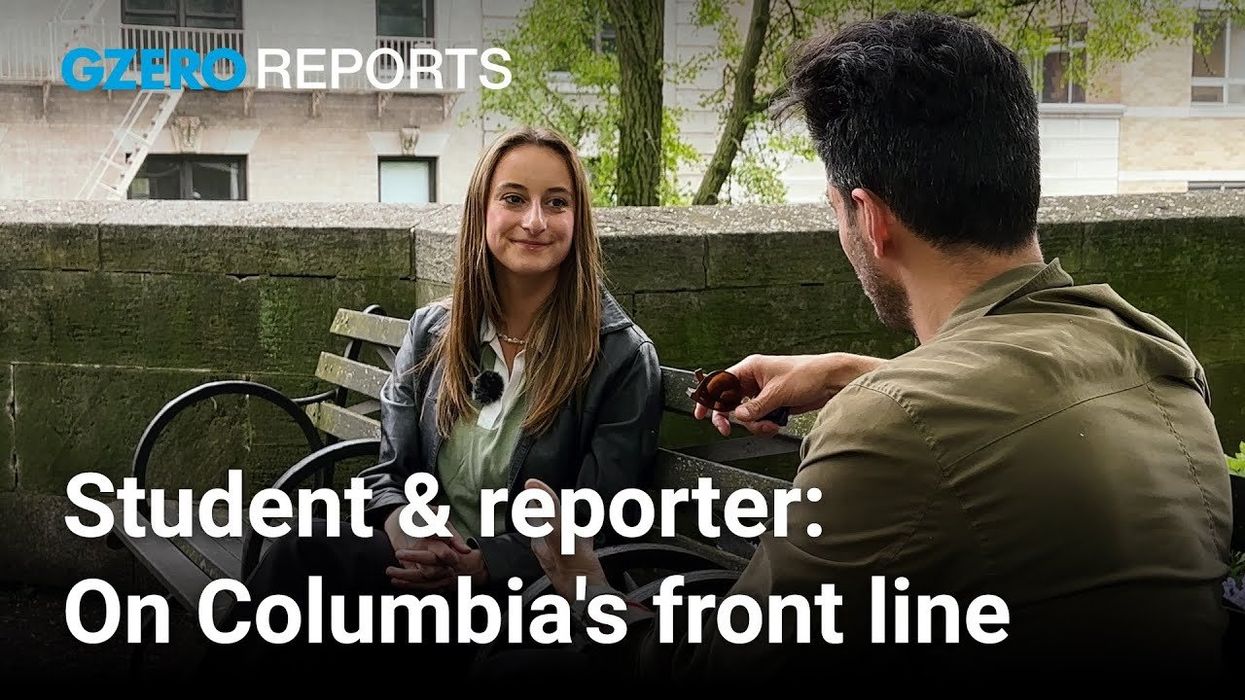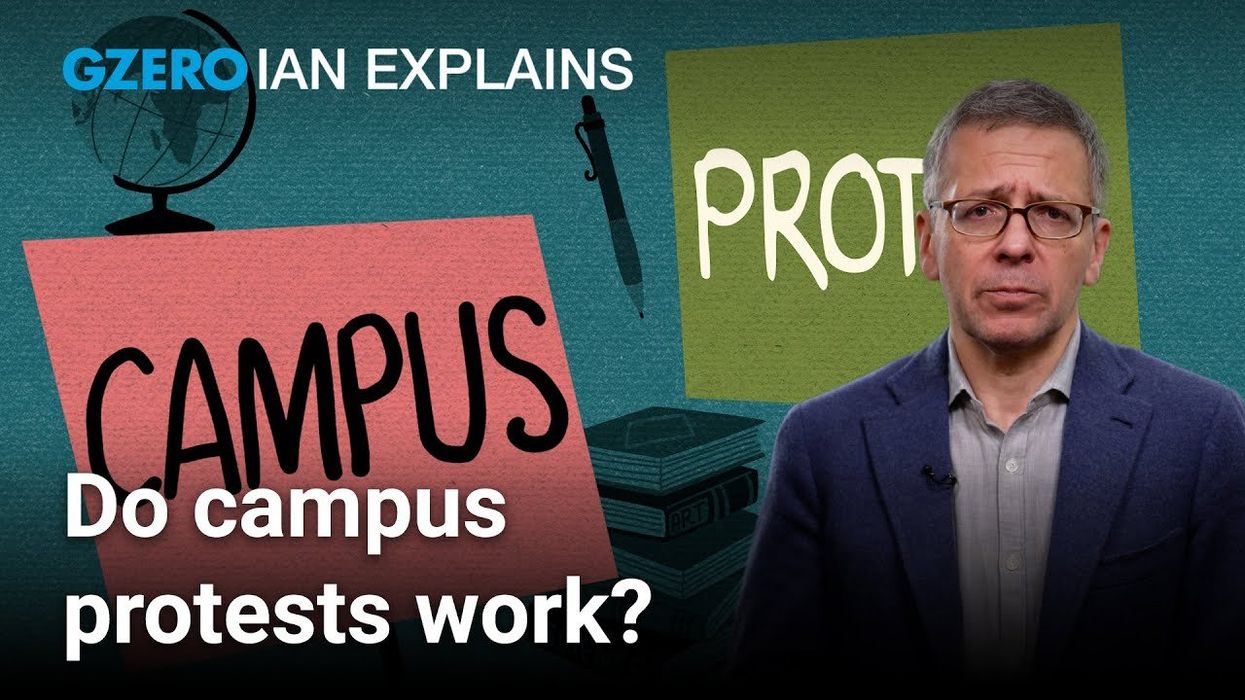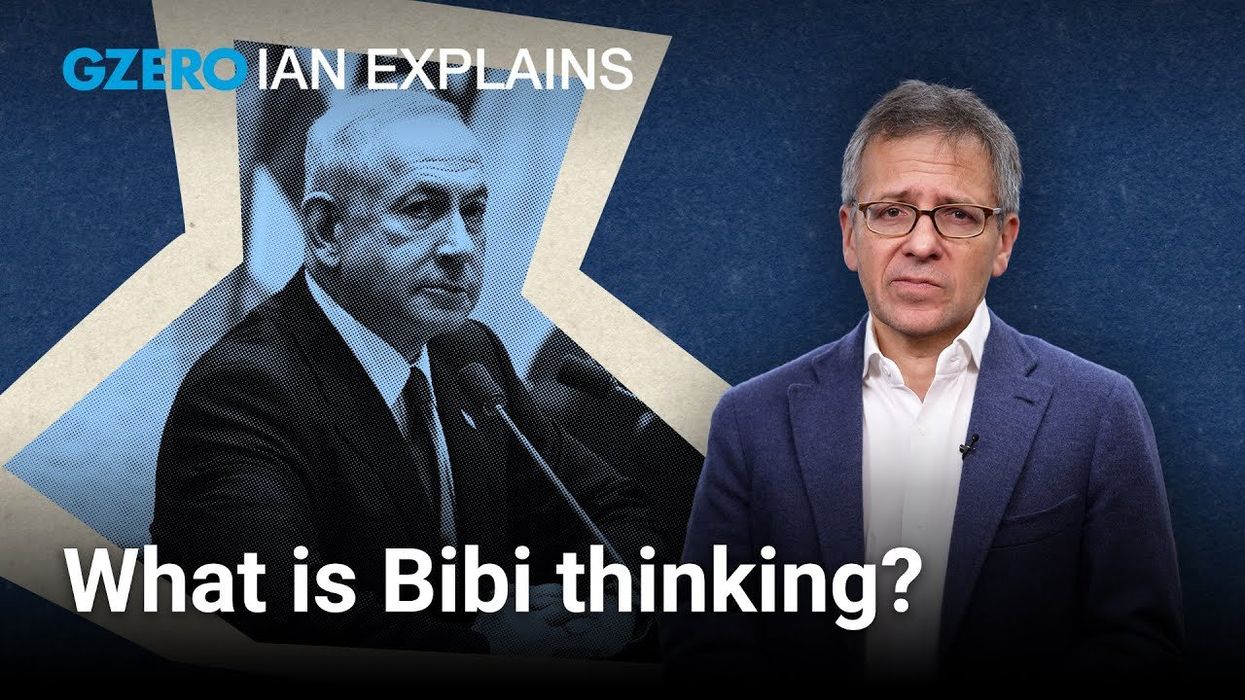GZERO World Clips
What if Palestinians want to leave Gaza?
Palestinian UN Ambassador Riyad Mansour rejects Trump’s proposal to resettle Gazans, insisting that Palestinians are deeply tied to their land and warning that any relocation effort is part of a broader attempt to erase Palestinian identity.
Feb 18, 2025
